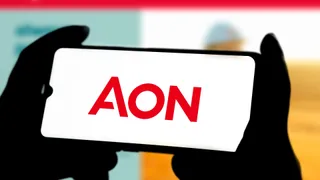
The challenges of cryptocurrency, NFTs, and smart contracts on litigation
The central concept was decentralisation, users transacting with each other without the need for an intermediary such as a bank or agent. This was possible only through the uniqueness of keys used to operate each transaction and the public nature of the chain.
Already registered?
Login to your account
If you don't have a login or your access has expired, you will need to purchase a subscription to gain access to this article, including all our online content.
For more information on individual annual subscriptions for full paid access and corporate subscription options please contact us.
To request a FREE 2-week trial subscription, please signup.
NOTE - this can take up to 48hrs to be approved.
For multi-user price options, or to check if your company has an existing subscription that we can add you to for FREE, please email Adrian Tapping at atapping@newtonmedia.co.uk

